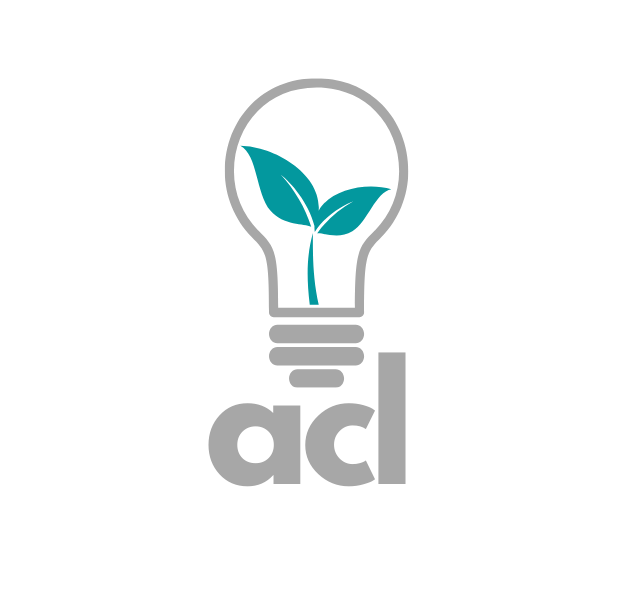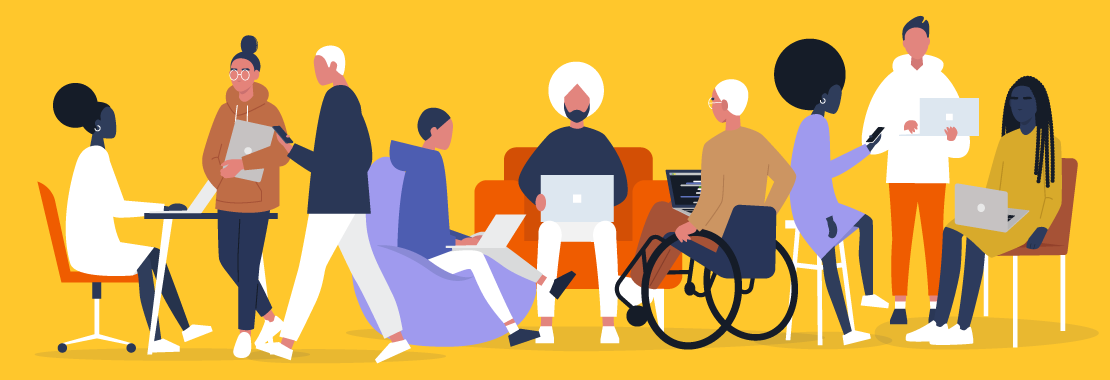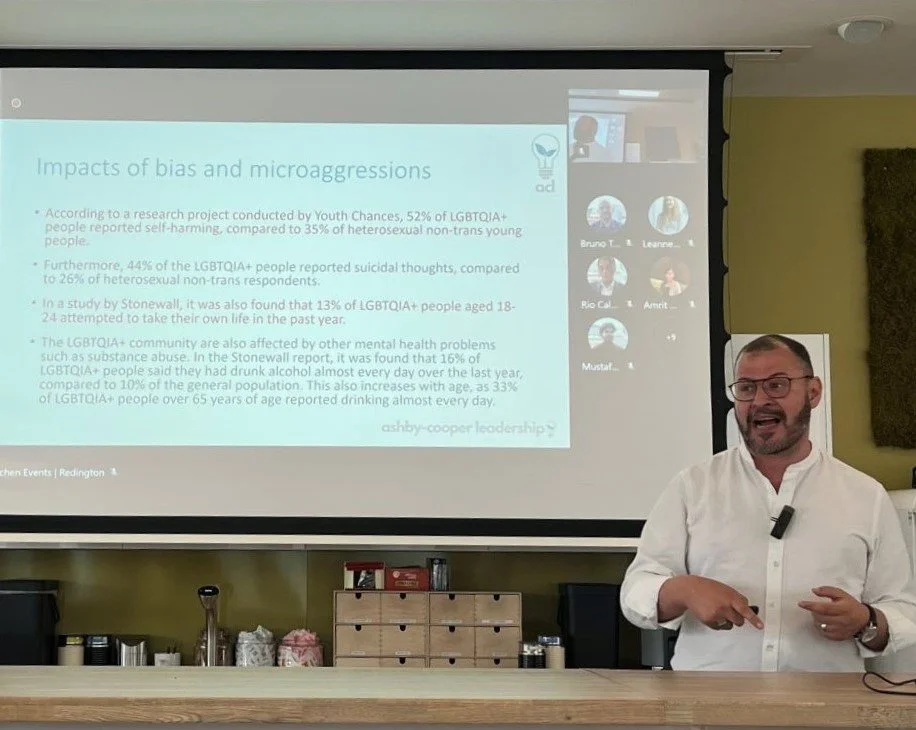Competing beliefs & ideologies, and creating a truly inclusive workspace
Matt delivering a training session.
If you'd asked me 5 years ago about the role DEI plays in an organisation, I would have said it was about winning hearts and minds; educating people about unconscious bias and privilege, developing understanding of different lived experiences, and how our biases and prejudices impact the people around us. I believed DEI’s role was to help people think differently, to behave and be better.
Commercially, I would have said DEI had a role in helping organisations to see how diversity, inclusivity and employee authenticity impacted the bottom line. That DEI was just good business strategy.
Today, I've a more laser focus on my purpose, my mission and that of DEI.
While educating around unconscious bias, privilege and lived experiences are some of the tools that I'll use, and having businesses recognise the impact of DEI on the bottom line is certainly a positive outcome of my interventions, the work I’ve done with ACL has taught me that everything I do has to come back to the one thing - helping organisations create INCLUSIVE spaces.
That how people interact with one another, how they come together and collaborate, how they show respect to and for one another, is at the heart of DEI. And DEI must allow for all different schools of thought and beliefs if it’s to be truly inclusive.
This is something that even 3 years ago, I didn’t truly realise. Before I explain that further, let me explore what I mean by ‘Inclusivity’.
The OED describes inclusivity as ‘the practice or policy of not excluding any person on the grounds of race, gender, religion, age, disability, etc.’
For me inclusivity in the workplace means creating a space where all people have a voice, are heard, and given access to the same opportunities. It's about creating a space where people's differences are respected, and people are equally able to be their authentic selves.
There are some very real tensions at play here. Particularly when it comes to creating a space here people with opposing beliefs and ideologies are equally supported.
In a training session this summer I was asked why I thought the Trans debate was such a hot topic.
I talked about increased visibility of trans folk. I talked about the blaming of trans folk and people in ‘small boats’ for the UK’s woes. And I talked about the End is Nigh guy, the man who used to stand on the street corner with his ‘The End is Nigh’ sign. People ignored him, would smile wryly as they passed, but never give his sign a second thought. I talked about how today the End is Nigh guy is connected to the End is Nigh guy in the next town over, and the ones in next city, and the End is Nigh guys in the next country. That the End is Nigh guys have a network and platforms, giving greater credence to their more outlandish fantasies and conspiracies. That today, we allow the volume of their voices to determine whether we take them seriously, rather than the quality of their theories.
Presenting a lunch & learn on the importance of Allyship
In honesty, by this point I was really talking about credence given to wider conspiracy theories, like the supposed Gay Agenda, rather than the minutia of the Trans debate, but a leader in the room asked me a very valid question, ‘What if there are people in this room, that believe some of those things? Isn’t that also a microaggression in dismissing them, in equating them with the End is Nigh Guy?’
While I wouldn’t consider what I said a microaggression per se, (it wasn’t a comment directed at a specific group of people from a minority), it was a ham fisted and insensitive analogy and belief is protected by law in the 2010 equality act.
The question later got me thinking: If I’m dismissing beliefs or ideologies out of hand, how am I creating an inclusive space? Shouldn’t I be taking EVERYONE on this journey? And how do we in DEI manage the tension between allowing people to feel seen and heard, but protecting people from views and beliefs that may be harmful and damaging to their self-esteem and mental wellbeing?
In a world more at odds with each other than I can ever remember, where left and right are not only diametrically opposed, but unable to see the human on the other side, inclusivity MUST be at the very heart of everything I do. It becomes the role of DEI practitioners to help people see our similarities as humans and determine a way of working together that is respectful of different beliefs and ideologies, without compromising on our accountability to root out manifestations of bias and bigotry.
So, what does this mean for your business?
Book cover of ‘White Fragility’ next to the author herself Robin DiAngelo
Determining what mutual respect means for your organisation is essential. How will your people conduct themselves, behave towards one another, communicate and collaborate with one another? How will they challenge one another when behaviours aren’t appropriate? How will they resolve conflict? Yes, you want everyone to feel they have a place in your organisation, but you need to make sure your people know expectations of behaviours such as respect and communication - because you will need to hold your people accountable for meeting that standard.
You will need to make it clear that creating a culture of mutual respect, does NOT mean allowing sexist, racist, homophobic, ableist etc. behaviours to go unchallenged. As Robin DiAngelo says in ‘White Fragility’, “…unless that kindness is combined with clarity and the courage to name and challenge racism, this approach protects white fragility and needs to be challenged.”
And it starts at the top. Setting a standard with your senior leaders for demonstrating the behaviours you want to see. Setting the standard not just for challenging poor behaviours, but a standard for responding when they themselves are challenged. If your people see their leader, reacting calmly and appropriately to challenges about their own mistakes, they’ll be more inclined to react positively when challenged themselves.
But it’s not enough to just live and die by the challenging sword, it needs to be clearly communicated from the outset, that this is a new expectation of behaviour for everyone, from the top down, while also communicating the drivers behind it – why it’s important. People need to understand how these aspects of the culture of your organisation contribute to the success of the business and to the success of themselves, the individuals within it.
People can hold specific beliefs, and still treat respectfully, their colleagues holding opposing beliefs.
They can still relate to one another as humans facing the same challenges in the world. And with empathy, understand the challenges faced by others that they themselves do not face.
DEI programmes can and should, by holding up the mirror to bias, educating about lived experiences and exposing the shared humanity of the challenges people face in the world, create environments where people from various walks of life, beliefs and ideologies, come together to respectfully collaborate in great work.





